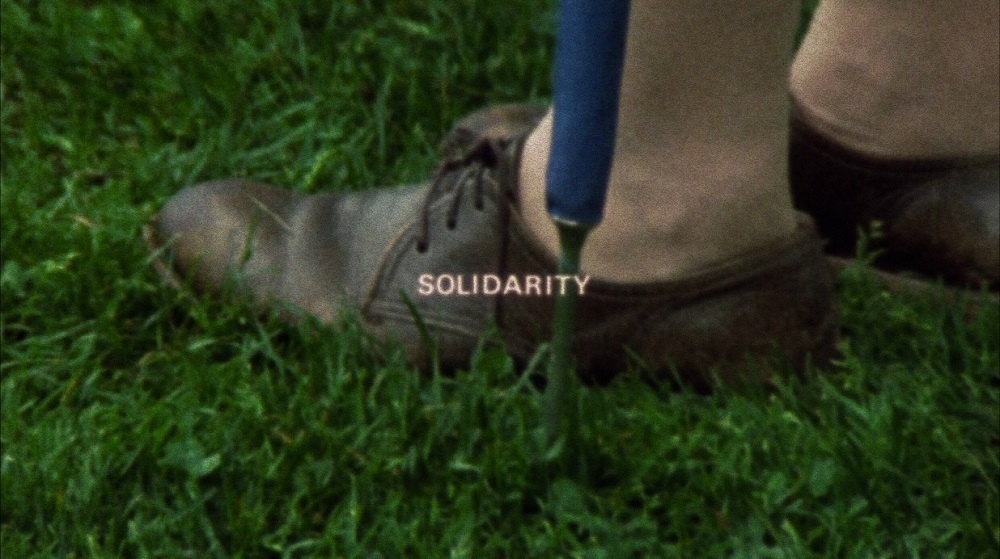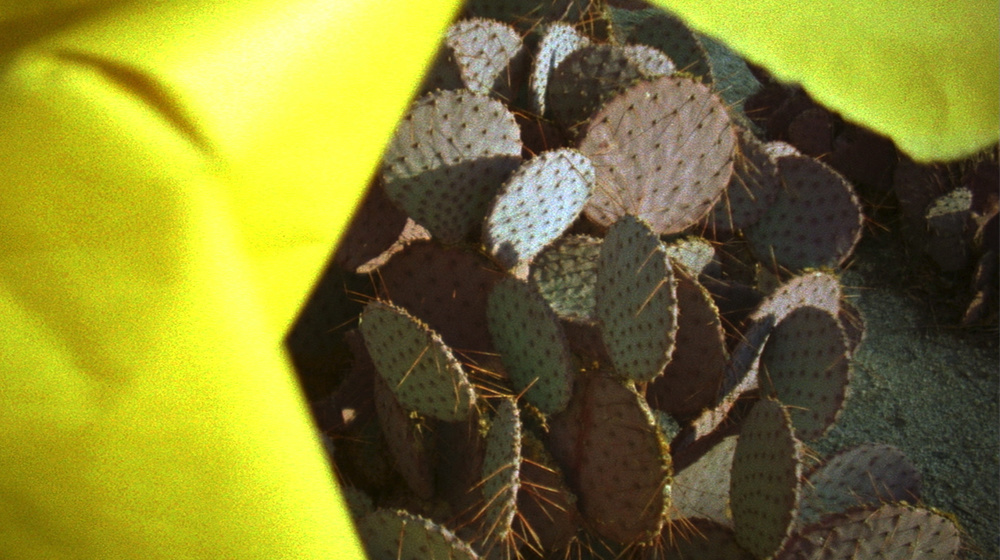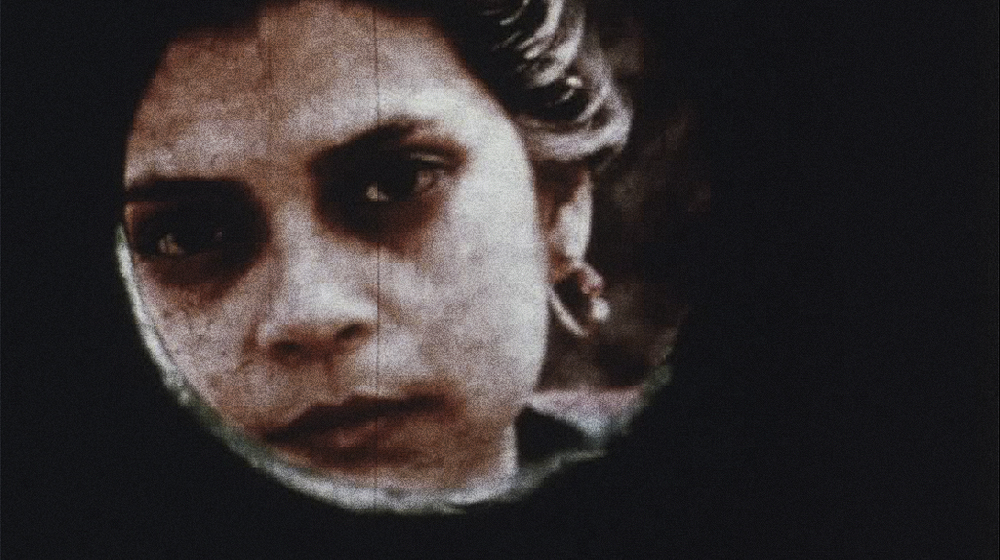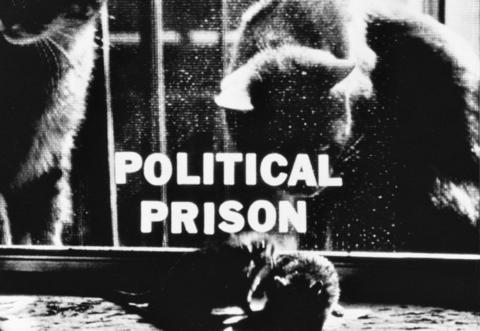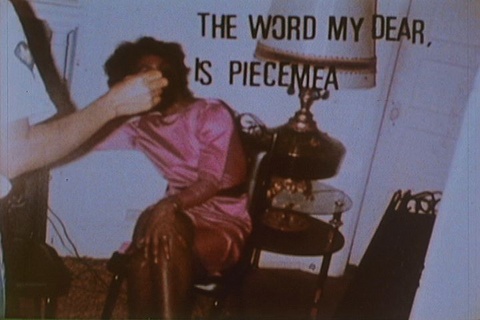Joyce Wieland is regarded as Canada's foremost woman artist. She produced an acclaimed body of work in a great variety of media, from drawing and painting to quilts and film. She gained a unique respect for incorporating strong personal statements in her work about issues of feminism, nationalism and ecology long before it had become fashionable to do so. Her retrospective at the Art Gallery of Ontario was the first-ever afforded a living Canadian woman artist.
Wieland was born in 1931 to English parents who emigrated to Toronto in the mid-twenties. She lost both her parents before ten years of age and was brought up by her older brother and sister. From 1944 to 1948 Wieland studied at Central Technical School in Toronto, where she made a lasting impression on her teachers, Doris McCarthy, Elizabeth Wynn Wood and Robert Ross. For four years she worked as a commercial artist before becoming associated with Graphic Films, where she worked as an animator and got her first opportunity to produce short films for herself. She had her first one-woman show in 1960, and in 1962 moved to New York, where she continued to paint and gained recognition as an experimental filmmaker. She was married to Canadian artist Michael Snow at the time.
Living in the United States awakened feelings of nationalism in Wieland. She returned to Canada in 1971. That same year, her solo exhibition at the National Gallery of Canada, the first given to a living woman artist, dealt with nationalistic sentiments. Entitled "True Patriot Love," the exhibition was a complex, extensive development of the theme interwoven with issues of feminism, ecology and politics. Her collages, three-dimensional assemblages, and particularly her quilts were imbued with concerns for the environment, the Vietnam war, her love for Canada, and the status and place of women in society, and sent forth a bold feminist statement long before Judy Chicago's work "The Dinner Party" made feminist aesthetic popular.
Joyce Wieland passed away on June 27, 1998.
el cinema del CCCB
A series of screenings, a digital archive with over a 1,000 films and educational activities dealing with experimental films.
CLOSE
